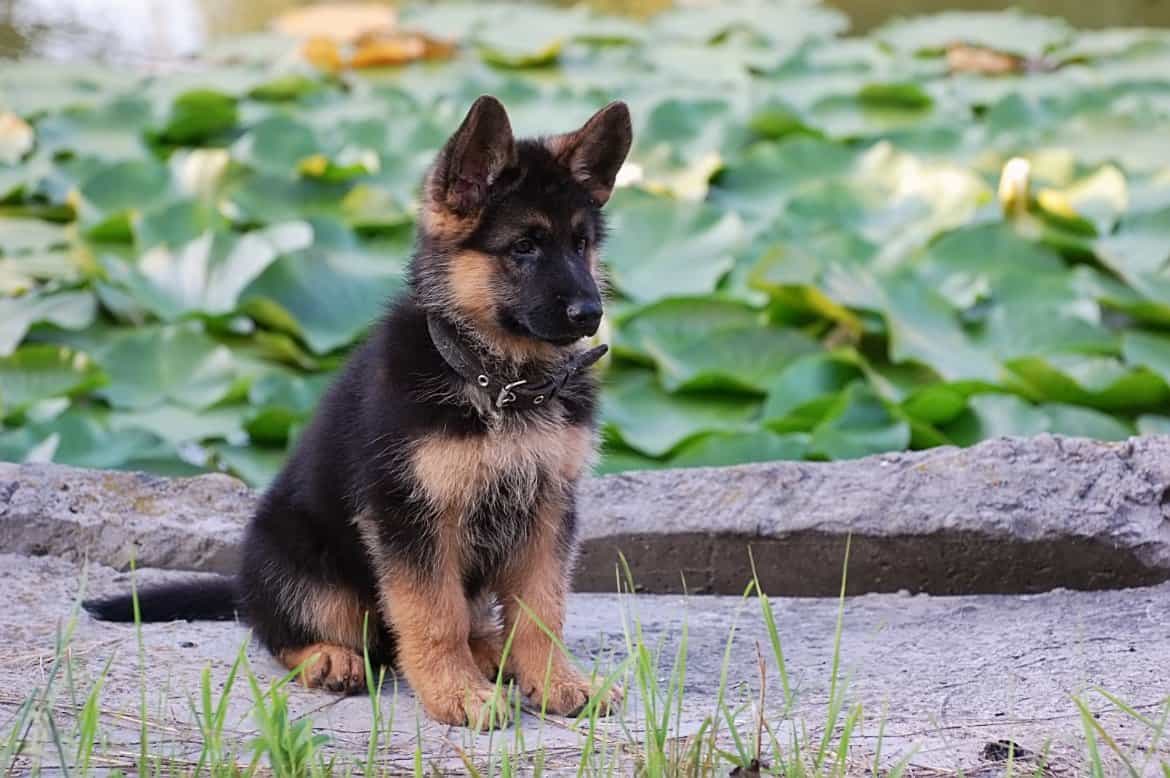A puppy is a baby dog. Like any baby animal, it requires special care and nurturing as its tiny body continues to grow and adjust to the world. Therefore, you must deal with not only vaccinating your puppy but what safety precautions you should take before vaccination. Let’s look at some common questions dog owners may ask regarding introducing their puppies to the world.
Can my unvaccinated puppy be around vaccinated dogs?
If an unvaccinated adult dog appears to be healthy and disease-free, your puppy should not be in danger of getting an infection from it. During this time, you can start the socialization of your unvaccinated puppy a little early, as long as the puppy is in a healthy environment.
Do not risk bringing your unvaccinated puppy around a dog in uncertain health or vaccination status.
As long as your puppy has been nursed by its mother, it will have some protective antibodies until vaccination. However, the maternal antibodies numbers go down as soon as your puppy stops nursing. This is why we must vaccinate puppies to protect them from disease. Ideally, your puppy should start vaccinations around 6 to 8 weeks of age. At this point, maternal antibodies have severely dwindled.
Unvaccinated puppies are at risk of a virus called parvo. It is highly contagious and spreads through contact with an infected dog or a contaminated object. People who have handled an infected dog and later touch your unvaccinated puppy can also indirectly spread the disease to it. This contagious disease can affect and damage your puppy’s small intestine, bone marrow, and its heart.
Once again, yes, you can have your unvaccinated puppy around an unvaccinated dog. If you are not one hundred percent certain of the health of another dog, do not risk bringing your unvaccinated puppy around. Also, be mindful of the people who touch and play with your puppy.
Don’t worry, you do not have to wait until vaccination completion to socialize your puppy. The earlier you begin to ease your puppy into socialization – the better. If you obtained your puppy from a good breeder, the breeder has already started socialization.
Puppies must receive some socialization between 2 to 12 weeks of age. After that point, a puppy that has no socialization skills will have a hard time adjusting to people, noises, and other dogs. An unsocialized dog can often be erratic or violent and end up in a shelter.
Do you want to send your puppy to socialization classes at a dog school? You can enroll your puppy as early as 7 to 8 weeks of age. If you do so, make sure your puppy has at least begun its first round of vaccinations.
When we talk about the socialization of puppies, we must think beyond how a puppy will behave around other dogs and other people. It is a big world out there with lots of activity. There are bright lights, loud noises, active children, noisy household items, lawnmowers outside, and the mailman ringing your doorbell. If your puppy does not adjust to these different elements of the world, it will grow into an adult dog that will be a pain to handle.
Do you want to put your dog outside every time you blend a smoothie, vacuum the floor, or answer the door for a trusted friend? This is why it is important to start socialization as early as possible.
When can puppies be around other dogs?
Will your puppy be around other dogs in the household? If so, just make sure those other pups are vaccinated. Having another dog in the home is great, as this will give your puppy a big brother or sister to look up to and model behavior from. So there is no need to isolate your puppy from another dog in the house as long as they are up-to-date on shots.
You can bring your puppy around other dogs outside if those dogs have been vaccinated as well. While it is great for those dogs to play together, you may have to keep a close eye on your puppy – especially if the other dogs are older and territorial.
Play it safe, and keep your puppy on a leash when it is around new dogs, indoors and outdoors. This is a way to keep your puppy safe and avoid running off into danger.
When can I take my puppy for a walk?
Your dog can go outside as soon as you bring them to their new home. It is important to do outside training as soon as possible. Outside areas like a backyard are where the dog will spend lots of time ( running, walking, pooping) as it grows. You don’t want to confine your dog inside the home. You must take safety precautions and reduce your puppy’s exposure to hazardous risks once outside.
Do you have a backyard? If your outdoor space is big enough, try walking your puppy in the backyard and let it run around as long as the area is fenced in. Protect your backyard by cutting the grass so that your puppy won’t be blindsided by little objects or snakes that might be hiding. Keep your pup away from wet areas in the yard as well.
If you want to take your puppy for a walk before vaccinations are complete, you can get a little creative. Carry your puppy in your arms or a dog carry bag while you do the walking. This method will reduce your puppy’s likelihood of encountering any hazardous objects or diseased dogs. It is also a nice way to get your dog to adjust to outside sights and sounds while safe in your arms or bag.
By the time your puppy is 16 weeks of age and has completed its vaccinations, you can take it out for a walk outside.

